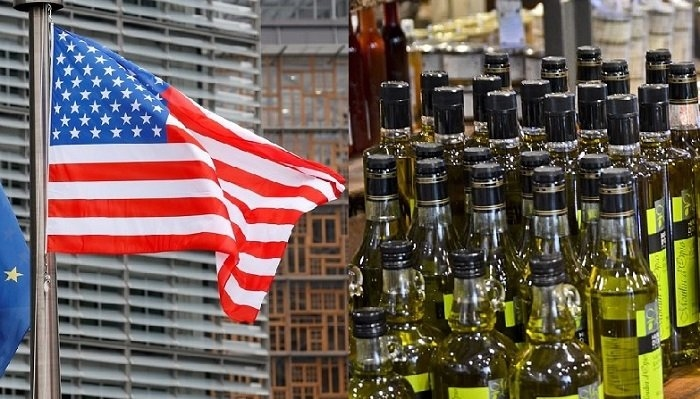I 15% tariffs are considered sustainable, ma the risks associated with the weakness of the dollar and inflation are worrying. This is the comment of ASSITOL, the Italian Olive Oil Industry Association member of Federalimentare and Confindustria, on the tariff agreement recently reached between the USA and the EU. “Nobody likes tariffs – he claims Anna Cane, president of the olive oil group of the Association -. However, this percentage, which applies to all European producers, allows our exports to compete on equal terms with other European and non-EU competitors.”
 Anna Cane
Anna Cane
In recent years, the sector has experienced difficult production campaigns due to climate change and international tensions, which have caused cost increases and rising prices. “This complex period has taught us to resist – observes Anna Cane – If tariffs do not exceed this threshold, companies can continue to work, confirming our historic propensity for exports.” However, the value of the dollar, currently weaker against the euro, and the risk of inflation due to the tariffs will also weigh heavily. “For this reason, we hope for the European Union to intervene on the key issues affecting business competitiveness, such as bureaucracy, energy, and access to credit.”
For Italy, the The United States is a key market. At a global level, in fact, they represent the largest buyer of olive oilTo meet the demands of increasingly health-conscious American consumers, they are forced to import 95% of the olive oil they need. “The USA is a textbook case – explains the president of the entrepreneurs – They use a health claim to indicate that this product is a heart-healthy alternative to animal fats.”.

Thanks in part to extra virgin olive oil, Italy ranks tenth in food exports. According to ASSITOL, “There are now dozens of studies demonstrating that oil is an excellent investment in our health. In the future, our promotion abroad should focus primarily on this aspect, which is increasingly important for consumers.”. A relevant fact is that the 15% tariff puts all European producers on the same level, while in the Mediterranean other competitors face much higher duties.
According to the International Olive Council, olive oil accounts for just 4% of total dietary fat consumption worldwide. “There is still a lot of work to do for our extra virgin olive oil – concludes the president of the olive oil group of the Association -. The hope is that, with the help of institutions and in collaboration with the supply chain, we can build a genuine understanding of the food through international promotion and awareness campaigns. The more people know about oil, the more they consume it.


Dining and Cooking